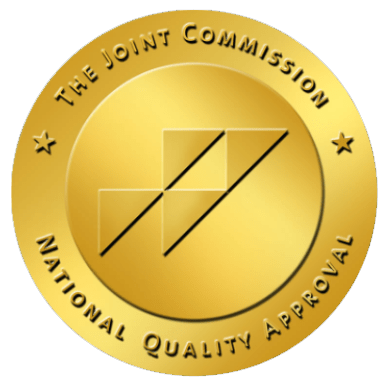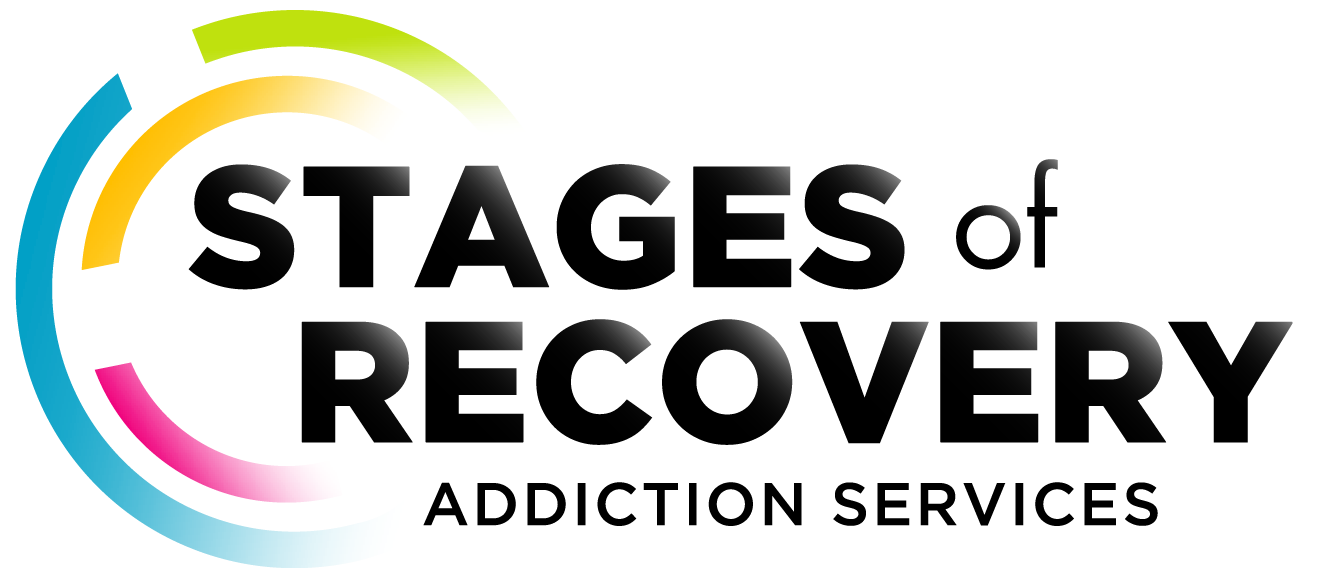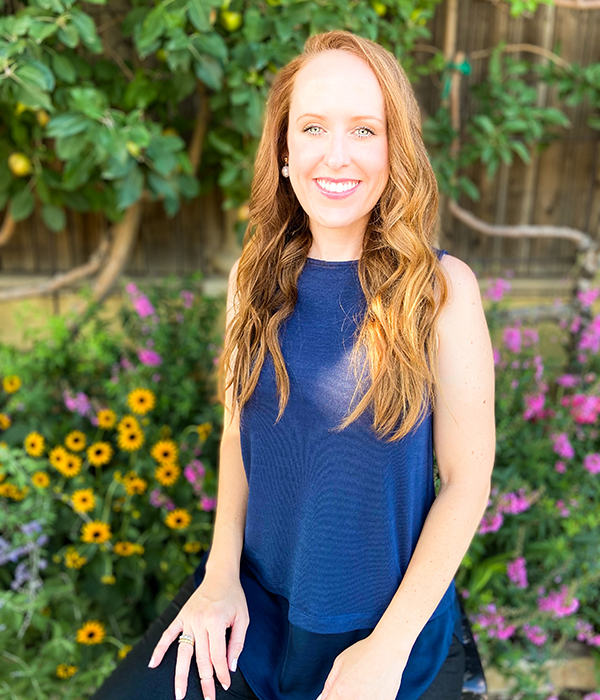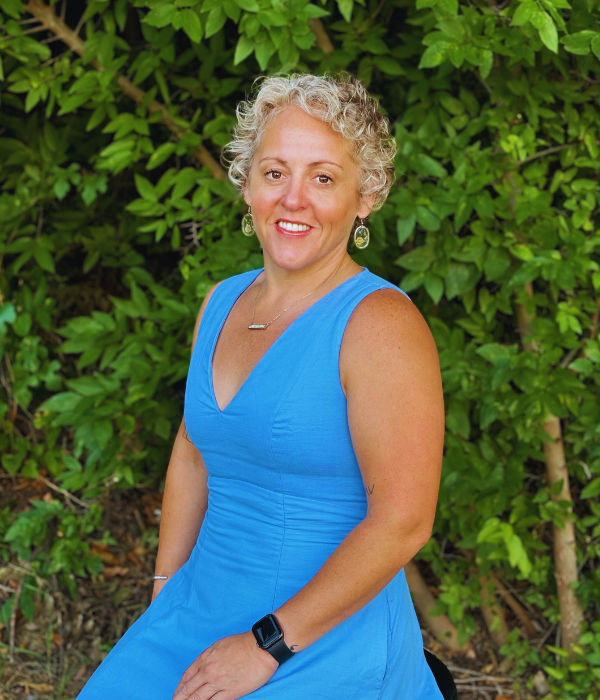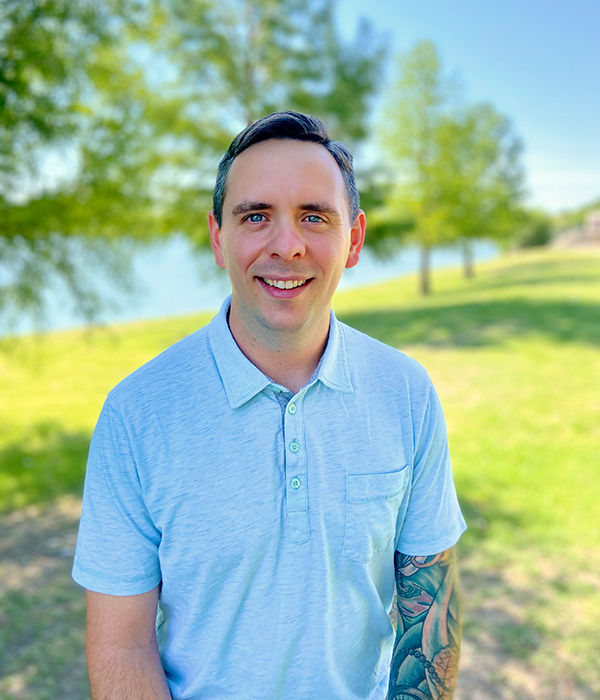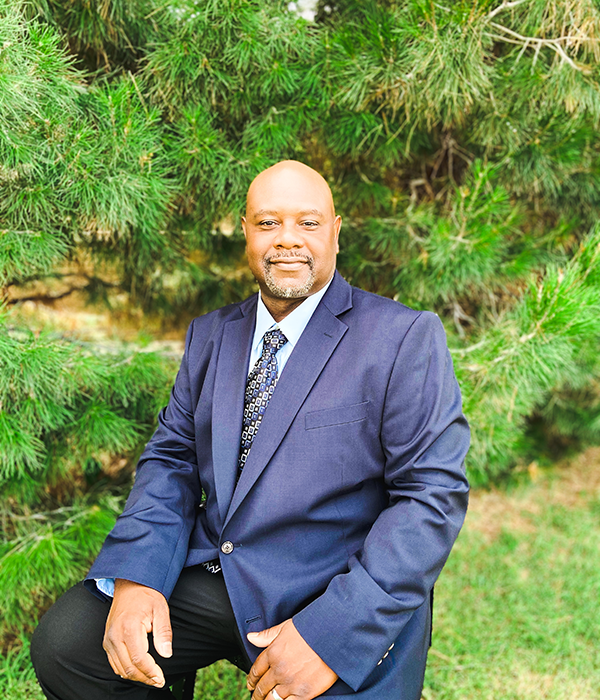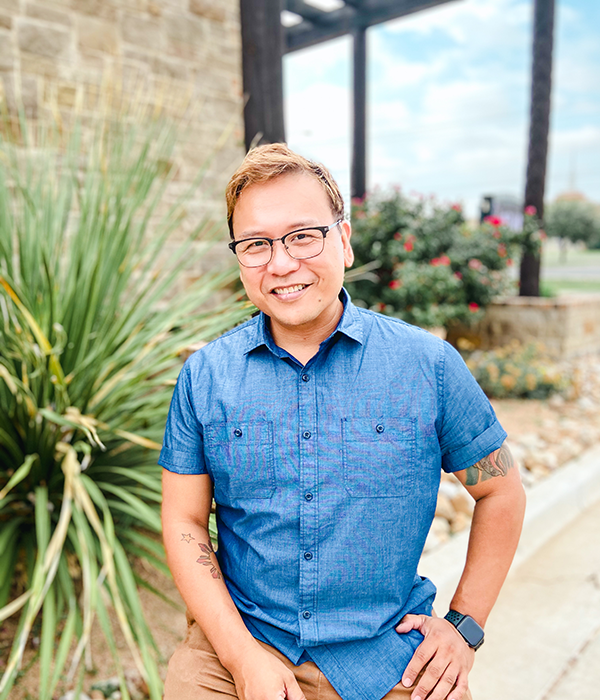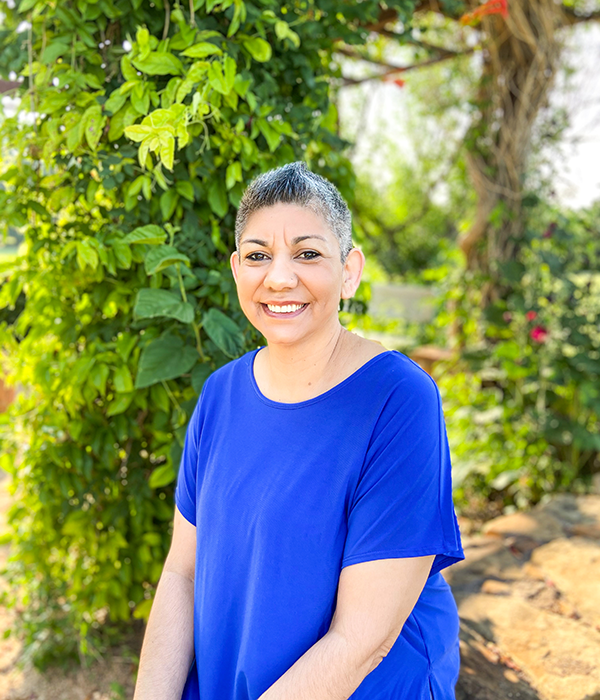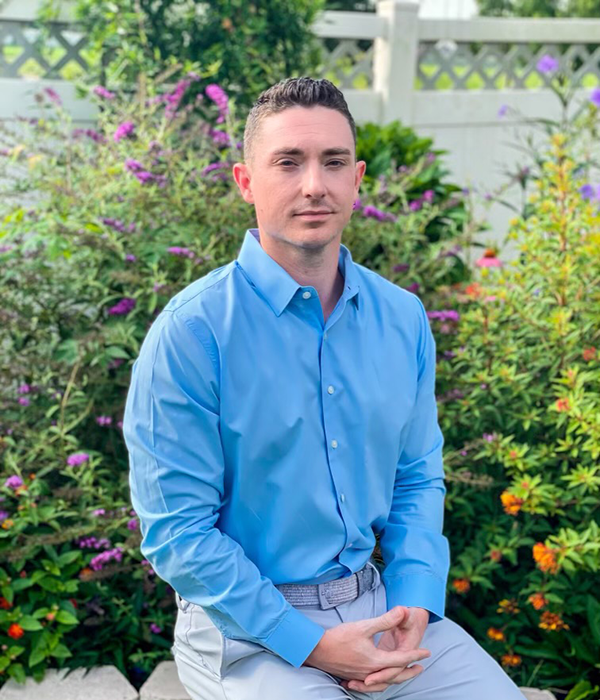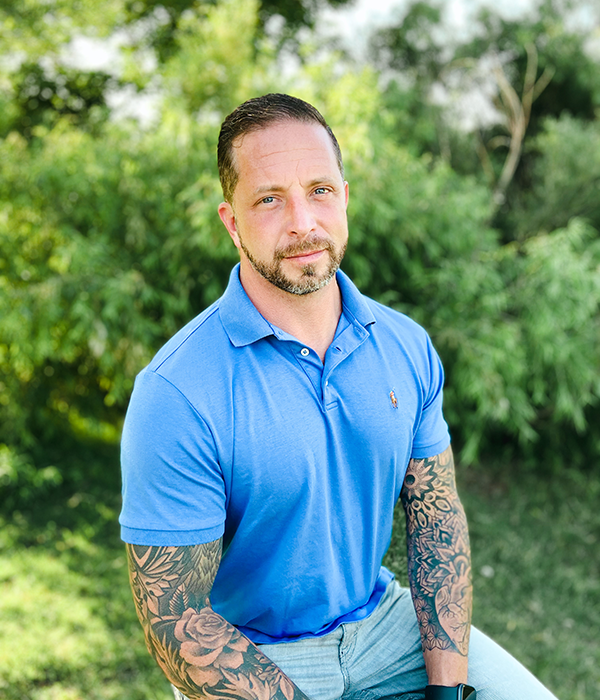Though we don’t need to focus our energy on fear or the what if’s, it is always wise to practice the old adage, hope for the best, and prepare for the worst. In other words, just as businesses, schools and many families have fire and natural disaster drills, so that each person is aware of the protocol during an unfortunate crisis situation, we—in recovery—must also avoid panic and further damage by being prepared for relapse.
Relapse is typically considered a part of recovery. That common perspective does not merely apply to addiction. It is used in regard to every aspect of the word, whether mental, emotional, spiritual or physical. Of course, we—as addiction professionals and recovering addicts—see addiction as a holistic disease. As such, so is a successful recovery process. But, because it is all-encompassing, relapse requires so much more than another trip to detox.
Consequently and generally speaking, many professionals recommend detox and a repeat of residential treatment, following relapse. However, new innovations and research in addiction treatment and recovery have evolved and improved the continuum of care. The latter now includes Intensive Outpatient Programs, or IOPs, which are specifically designed to provide renewed recovery to addicts who have recently relapsed.
Intensive Outpatient Programs are gaining popularity throughout the nation. Additionally, they are proving successful. One such IOP has been recently established in Lubbock, Texas as an addition to the ever-evolving Lubbock addiction services.
Stages of Recovery, Inc.—a Lubbock drug treatment corporation—has designed a program suitable for any active addict in need of recovery. However, it was created specifically with recovering addicts who relapse in mind. Holistic components—such as life skills education and training, individual and group counseling, sober living and recovery community referrals and access, meal accommodations and more—provide recovering addicts with everything they need to achieve successful recovery. And, with regard to those who have recently relapsed, the road back to recovery is made easier, more affordable and convenient through the IOP, as opposed to a repeat of residential treatment.
For more information, to get help with your addiction or seek renewed recovery following a relapse, call Stages of Recovery’s hotline: 1-844-6-GETHELP. And, in an effort to stay prepared this holiday season and throughout the year, add the number to your list of crisis contacts.
